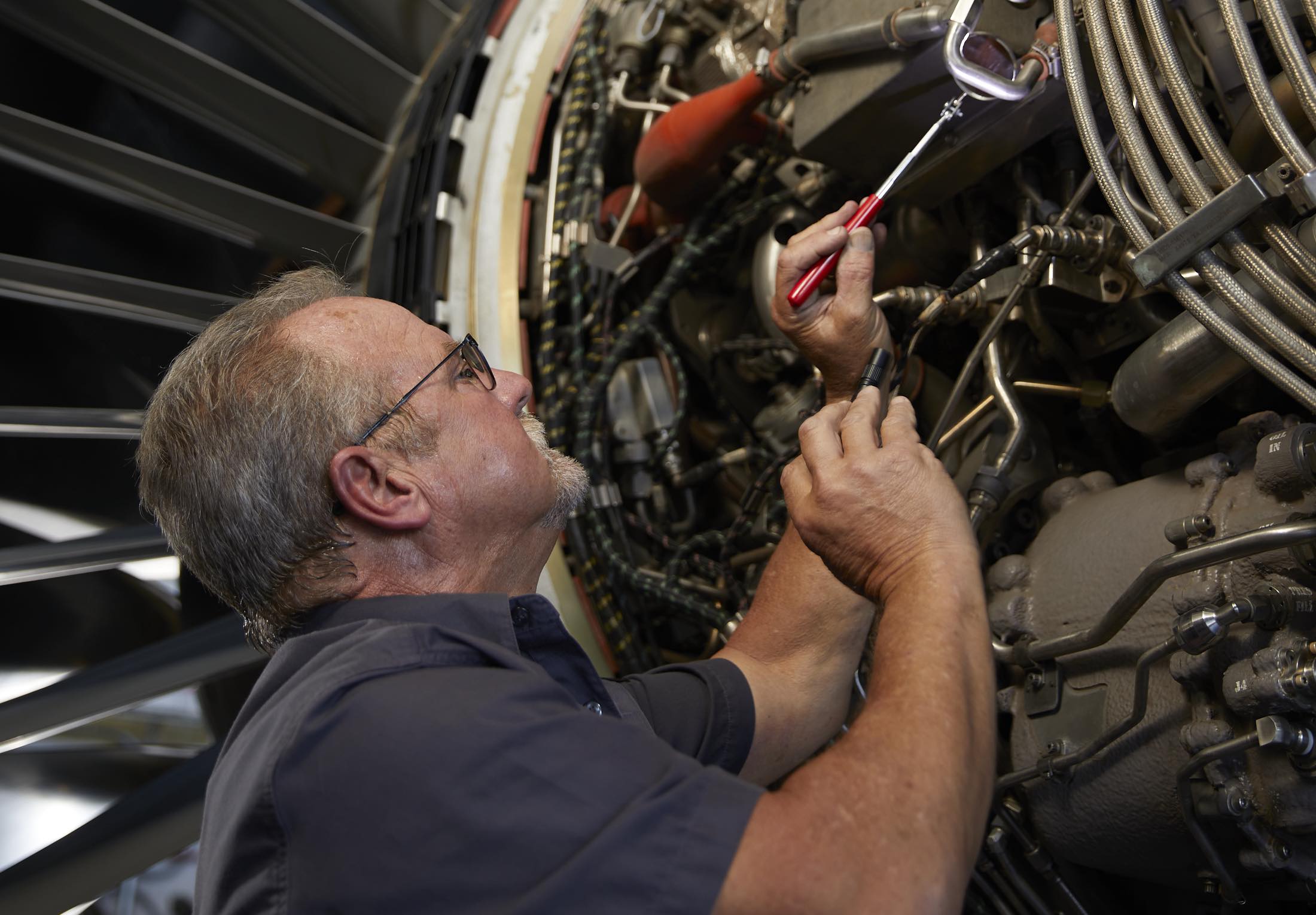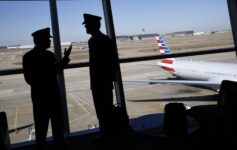
The US Federal Aviation Administration wants drug and alcohol testing for aircraft mechanics in foreign countries if they perform maintenance for US airlines.
US Proposal: Drug And Alcohol Testing For Foreign Aircraft Mechanics
In an early Christmas gift to union mechanics in the USA, the Federal Aviation Administration (FAA) has proposed new testing requirements such that “employees are held to the same high level of safety standards regardless of where they are physically located.”
The FAA estimates the proposed rule would apply to approximately 977 repair stations in 65 countries beyond US borders.
Transport Workers Union President John Samuelsen, who famously threatened American Airlines CEO Robert Isom that his mechanics would “engage in absolutely vicious strike action against American Airlines to the likes of which you’ve never seen” if it could not reach a day, applauded the news:
“Airline mechanics in China and other lower-wage, lower-standard countries who work on U.S. commercial aircraft will have to undergo drug and alcohol testing – just like mechanics here.”
Samuelsen says such testing would close a “big safety gap” between foreign and US airlines, though did not provide any evidence as a basis for that claim. He did, however, lament that US airlines have eliminated 5,000 mechanics jobs in the USA since 2017 while creating 35,000 in “foreign” nations.
Why this proposal and why now? The FAA has attempted to regulate something like for nearly two decades, but has always been blocked by Congress. This time they likely will too, but explain hte rationale for the latest proposal is because:
“U.S.-based maintenance facilities are operating at an economic disadvantage as maintenance facilities abroad are not required to subject employees to drug and alcohol testing and, therefore, are essentially circumventing the associated costs to maintain a testing program.”
For countries in which local laws prohibit such testing or the sharing of such testing results, the FAA says waivers would be available.
The FAA estimates the program would cost about $100 million over five years. Again, it is not clear how testing costs could be that high.
CONCLUSION
I’m quite skeptical of this. One, because I think this is an election-year gift to snakes like Samuelsen rather than a policy aimed at combatting a real problem. Show me that foreign mechanic bases are doing subpar work and that might change my mind, but the assumptions that “America does it better” strike me a premature at best.
image: American Airlines




Seeing as one of Samuelsen’s mechanics actually did sabotage an aircraft in Miami, it’s obvious America clearly doesn’t do it better. This is plainly aimed and making it harder to move maintenance bases overseas.
Perhaps all US registered aircraft should be maintained in the US and if they go tech overseas then they need to stay there while US technicians apply for work permits to work in each relevant country. It could take quite some time.
I don’t think the US has yet realised that they don’t police the rest of the world.
Are US airlines able to fly foreign -registered aircraft? If so, the proposal is actually an incentive for them to engage in shopping for cheaper and/or more convenient jurisdictions.
Any repair station working on a US registered aircraft is already subject to the exact same standards of work regulated by the FAA under Part 145.
The only difference is the conditions of service for the employees.
If the standard of work doesn’t meet the FAA standards, the FAA simply pulls the plug on their certificate.
If you are arguing that the standard of work by a Part 145 certificate holder is deficient, you are basically arguing that either Part 145 regulations are deficient, or the FAA is unable to maintain oversight of its certificate holders.
I agree with you wholeheartedly.
The entire drug test process, and requirements that are put in place by various airlines especially, leaves a bit to be desired and quite honestly is a little pointless at times. I’ve been part of DOT programs as in a safety-sensitive as a GSC at airlines, and have been an administrator of such. I think that the program of reasonable suspicion, and randoms, is worthwhile and there has been value in that. Much of this came about from the crash of a Metroliner in Colorado years back where it turned out the pilot was on cocaine. Making it a condition of employment for foreign corporations to do business with US airlines is overreach and protectionism. Either the work is quality and meets specification/requirement or it doesn’t.
A lot of the drug testing done at airlines is out of convenience in service to HR matters. Why should an airline do a post-incident drug test for a pushback driver who breaks a shear pin on a tow bar? It gives a “but I have to” reason to put someone on suspension pending test results purely as punitive to give time to figure out what to do with them (or get lucky and have them pop a test and automatically terminate).
A glass of wine with your meal is popular among,,.Europeans. In the News 12/8/23: US Marshals found drunk…
I’ve worked in a “Fitness for Duty” environment in the US. I have received the random phone to show up for testing. You’d be surprised how many fail. It catches young (cannabis) and old (alcohol &pain killers). It’s part of the job.
You are warned of this as a condition of employment. If you don’t like it, there are other opportunities.